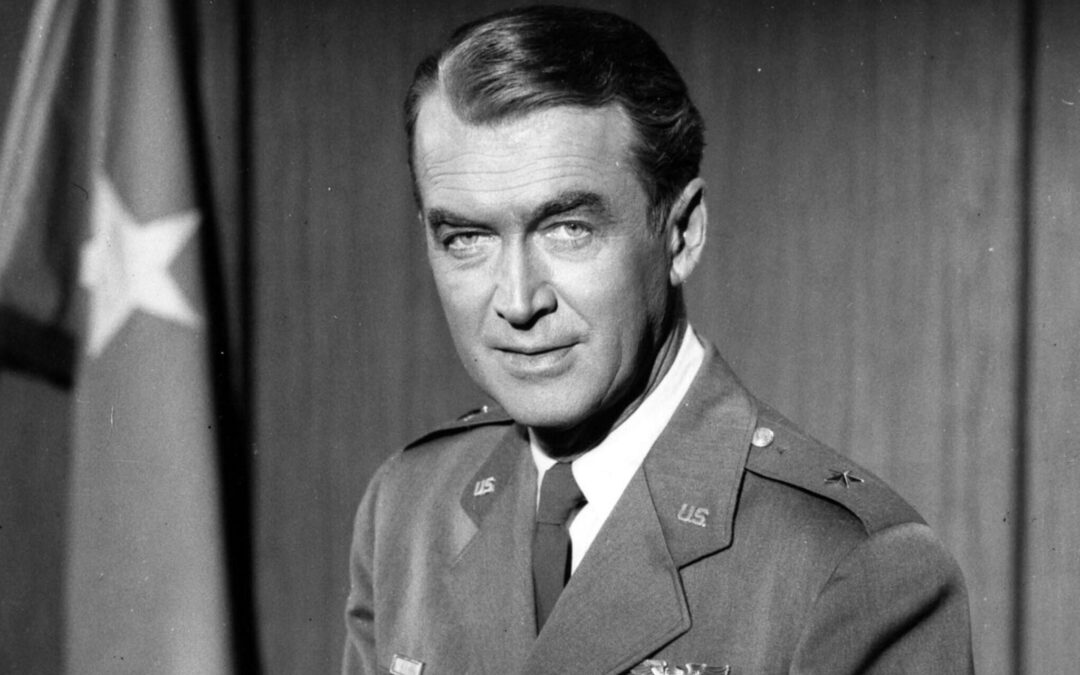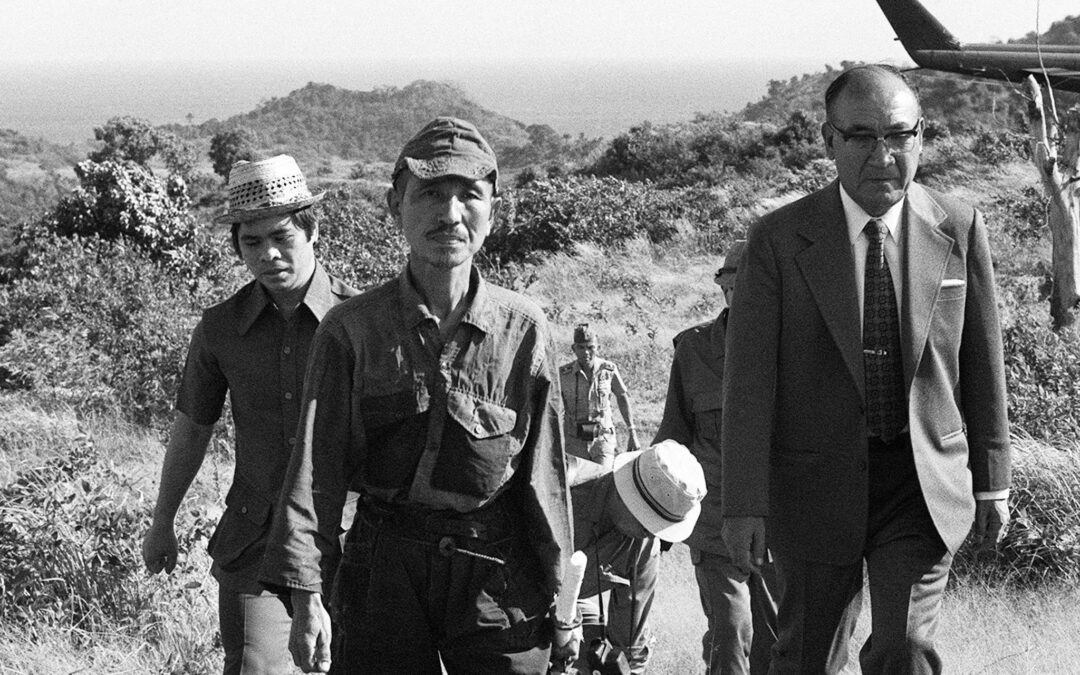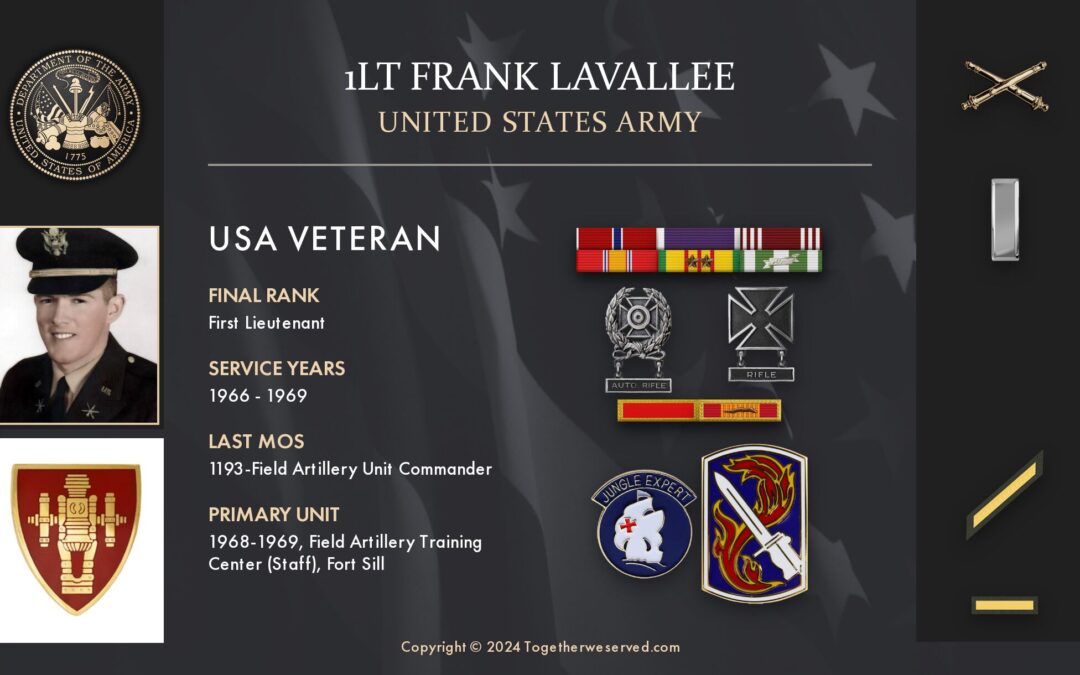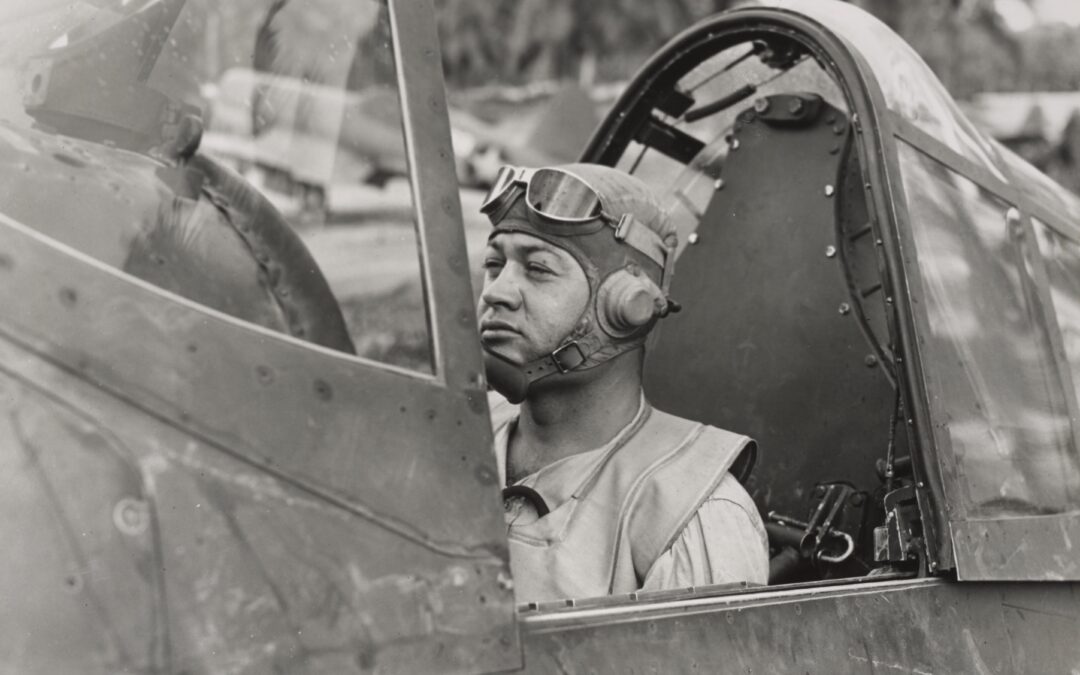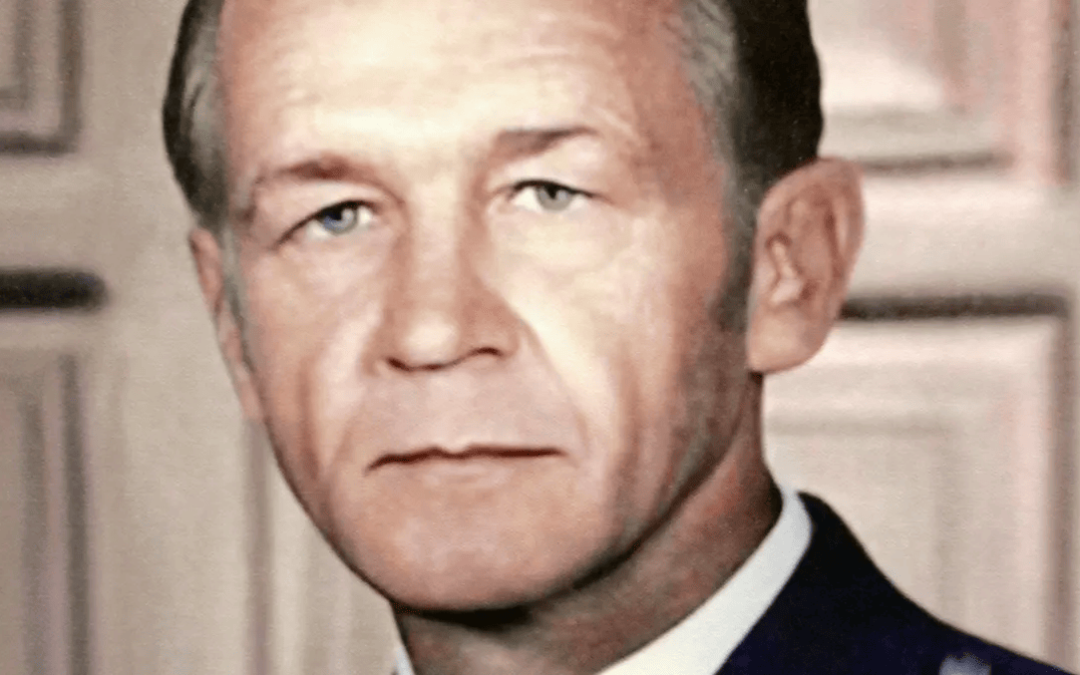One of the film's most beloved actors, Jimmy Stewart, made more than 80 films in his lifetime. He was known for his everyman quality, which made him both appealing and accessible to audiences. Jimmy Stewart Becomes a Hollywood Star Stewart got his first taste of performing as a young man. At Princeton University, he was a member of the Triangle Club and acted in shows they produced. Stewart earned a degree in architecture in 1932, but he never practiced the trade. Instead, he joined the...
